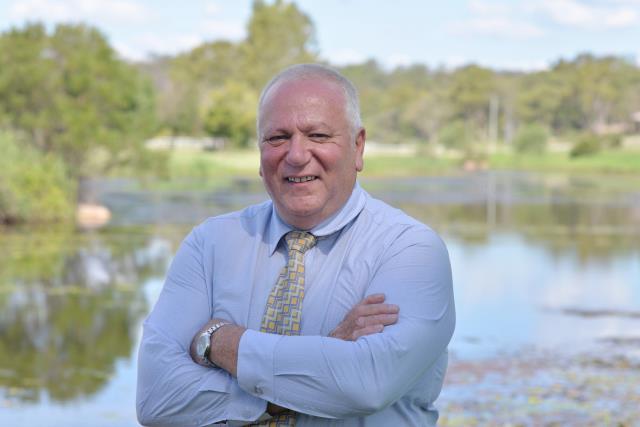Ex-mayor: councillor complaints being weaponised

Digital Edition
Subscribe
Get an all ACCESS PASS to the News and your Digital Edition with an online subscription
Morgan Park roars back to life
Morgan Park Raceway is set to kick off the year in spectacular fashion, with more than 350 competitors descending on the newly repaired circuit...








